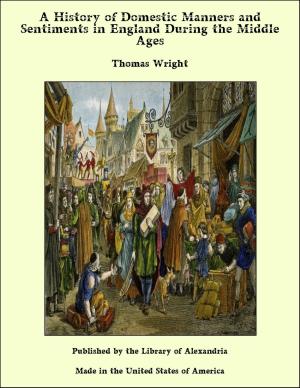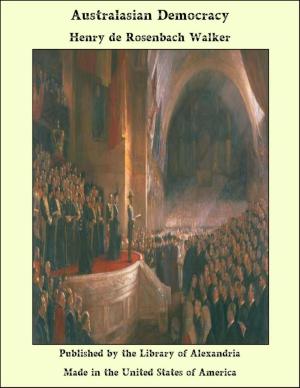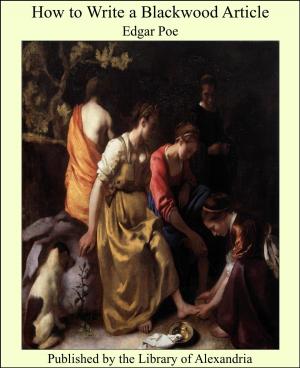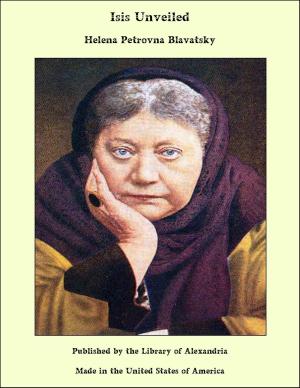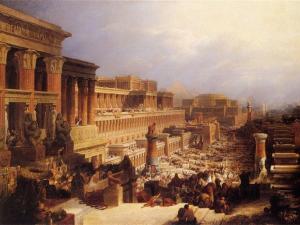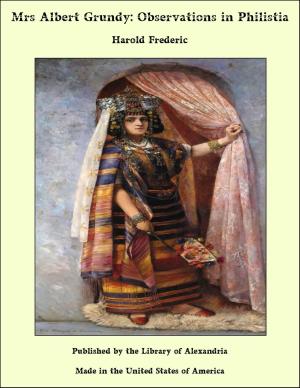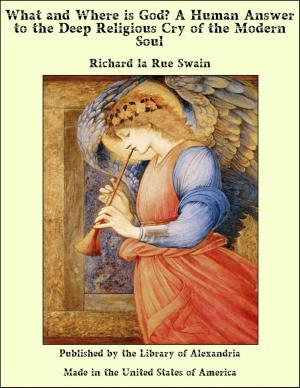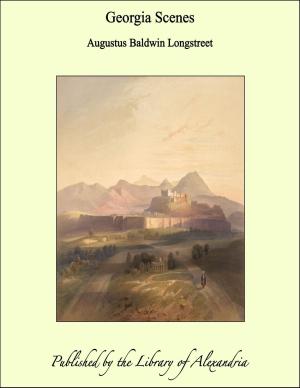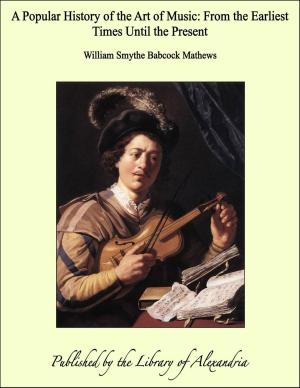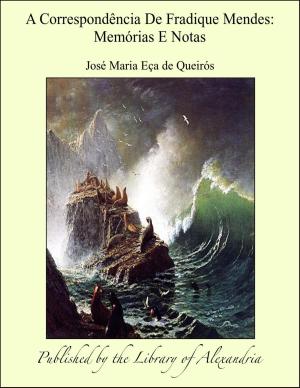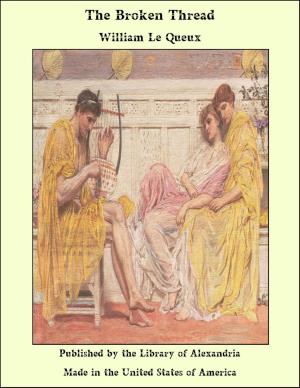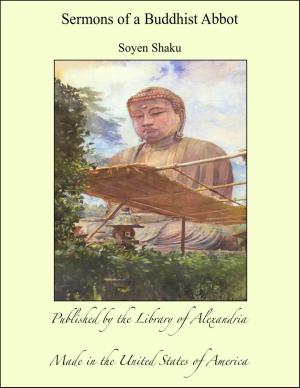The Shakespearean Myth: William Shakespeare and Circumstantial Evidence
Nonfiction, Religion & Spirituality, New Age, History, Fiction & Literature| Author: | Appleton Morgan | ISBN: | 9781465562845 |
| Publisher: | Library of Alexandria | Publication: | March 8, 2015 |
| Imprint: | Language: | English |
| Author: | Appleton Morgan |
| ISBN: | 9781465562845 |
| Publisher: | Library of Alexandria |
| Publication: | March 8, 2015 |
| Imprint: | |
| Language: | English |
M. Guizot, in his History of England, states the Shakespearean problem in a few words, when he says: "Let us finally mention the great comedian, the great tragedian, the great philosopher, the great poet, who was in his lifetime butcher's apprentice, poacher, actor, theatrical manager, and whose name is William Shakespeare. In twenty years, amid the duties of his profession, the care of mounting his pieces, of instructing his actors, he composed the thirty-two tragedies and comedies, in verse and prose, rich with an incomparable knowledge of human nature, and an unequaled power of imagination, terrible and comic by turns, profound and delicate, homely and touching, responding to every emotion of the soul, divining all that was beyond the range of his experience and for ever remaining the treasure of the age—all this being accomplished, Shakespeare left the theater and the busy world, at the age of forty-five, to return to Stratford-on-Avon, where lived peacefully in the most modest retirement, writing nothing and never returning to the stage—ignored and unknown if his works had not forever marked out his place in the world—a strange example of an imagination so powerful, suddenly ceasing to produce, and closing, once for all, the door to the efforts of genius."
M. Guizot, in his History of England, states the Shakespearean problem in a few words, when he says: "Let us finally mention the great comedian, the great tragedian, the great philosopher, the great poet, who was in his lifetime butcher's apprentice, poacher, actor, theatrical manager, and whose name is William Shakespeare. In twenty years, amid the duties of his profession, the care of mounting his pieces, of instructing his actors, he composed the thirty-two tragedies and comedies, in verse and prose, rich with an incomparable knowledge of human nature, and an unequaled power of imagination, terrible and comic by turns, profound and delicate, homely and touching, responding to every emotion of the soul, divining all that was beyond the range of his experience and for ever remaining the treasure of the age—all this being accomplished, Shakespeare left the theater and the busy world, at the age of forty-five, to return to Stratford-on-Avon, where lived peacefully in the most modest retirement, writing nothing and never returning to the stage—ignored and unknown if his works had not forever marked out his place in the world—a strange example of an imagination so powerful, suddenly ceasing to produce, and closing, once for all, the door to the efforts of genius."

